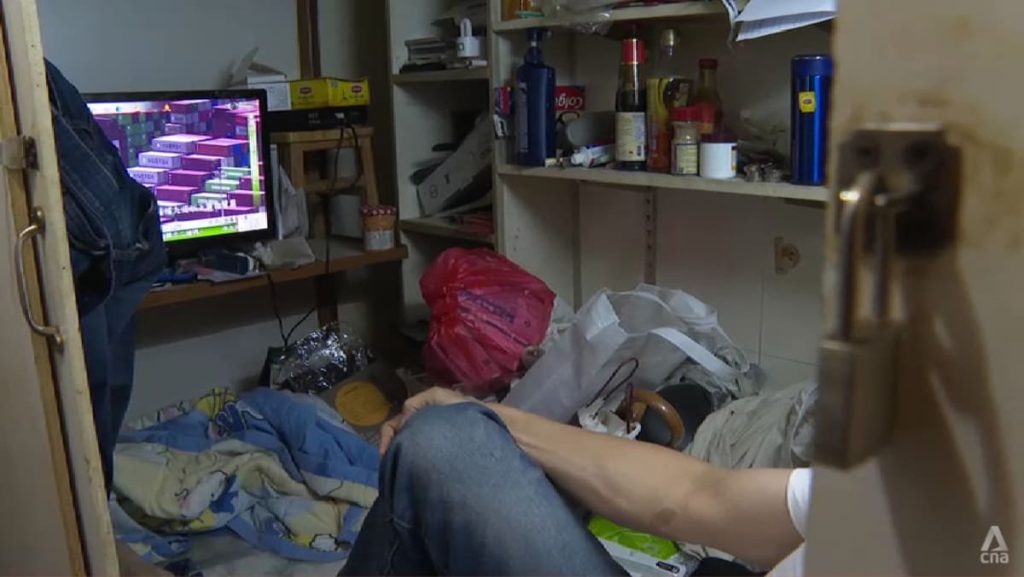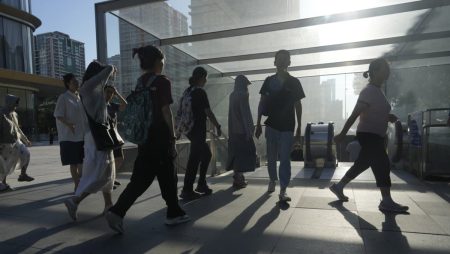The ongoing issue of affordable housing in Hong Kong has become increasingly pressing, particularly for tenants residing in non-compliant subdivided units. Under new government measures aimed at improving housing conditions, landlords are expected to reduce the number of these subdivided units within their properties, leading to an inevitable rise in rental prices. This change could leave many tenants struggling to meet their housing needs, as the available public housing options may be insufficient or entirely out of reach for some individuals. The looming challenge is that those caught in this bind may have no choice but to turn to an illegal rental market, which is fraught with risks and further complicates the already dire housing landscape.
Advocacy groups have highlighted the challenges faced by tenants displaced by these changes. One such initiative is ComHome Social Realty, a social real estate agency established in 2023 that aims to connect low-income families with affordable housing options. Despite the agency’s noble mission, the process has proved to be disappointingly ineffective, with only 17 out of approximately 300 participants successfully finding suitable housing matches. This low success rate underscores the stark disconnect between the financial realities of low-income households and the high market prices for rental properties, making the search for adequate housing an uphill battle.
The stark numbers reveal the extent of the housing crisis; as of July 2023, the median rent for subdivided units on Hong Kong Island sat at HK$7,000 (approximately US$900) per month, while Kowloon’s median was HK$5,300. The financial strain on tenants becomes even clearer when considering that the median monthly income for households living in these subdivided units in 2021 was HK$15,310. Adjusting for wage increases over the years, this figure rises to HK$16,160, indicating that a substantial portion—up to half—of these households’ incomes is allocated to rent. This leaves little room for other essential expenses, exacerbating the challenges faced by low-income families.
The government’s policy address for 2024 reveals a commitment to addressing Hong Kong’s housing crisis, including the introduction of Basic Housing Units as a comprehensive solution to the problem. The aim is to construct more affordable homes to alleviate the housing shortfall, signaling a potential turning point for the beleaguered housing sector. However, despite these intentions, it remains unclear whether these initiatives will adequately bridge the gap for vulnerable populations. The chronic shortage of affordable housing, coupled with high demand in central areas, indicates that the struggles of these individuals may not be resolved quickly.
In light of these developments, it is necessary to critically examine the balance between housing supply and the diverse needs of the community. As the government presses forward with its plans to enhance the housing market, the success of these policies will depend significantly on their ability to cater to low-income families and those on the fringes of society. Without genuine affordability, the policies could inadvertently lead to increased displacement and challenges for those who can least afford it, compelling them to seek shelter in potentially dangerous or illegal living conditions.
In conclusion, while initiatives such as the establishment of Basic Housing Units mark a positive step toward addressing the complexities of Hong Kong’s housing crisis, substantial work remains. The disparities between tenant incomes and market rents, along with inadequate transitions for displaced tenants, highlight the urgent need for more effective and compassionate housing solutions. As John Hanzhang Ye, a PhD candidate at the University of Minnesota, observes, the ongoing difficulties present a formidable challenge, suggesting that sustainable housing solutions are essential both for preserving the dignity of low-income residents and for enhancing overall societal stability in Hong Kong.










